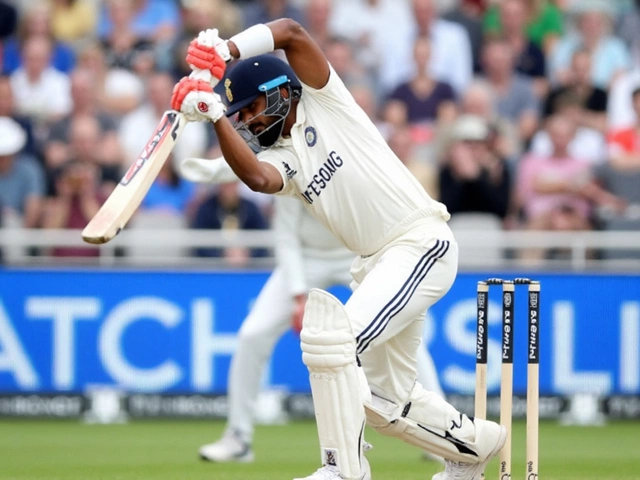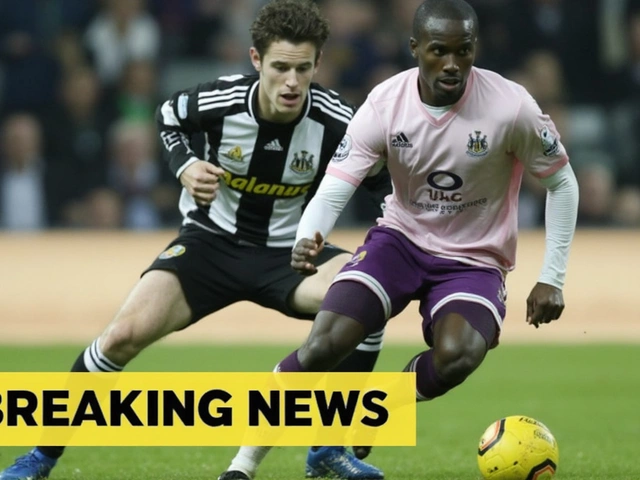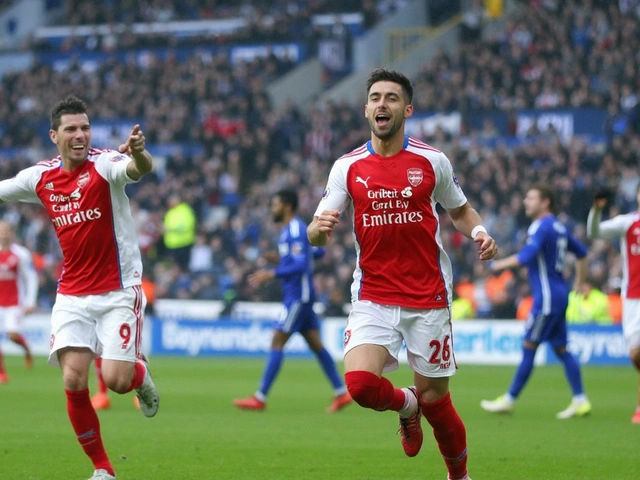Gambling Addiction’s Human Toll – And the Role of Relentless Advertising
When you hear about someone losing a million pounds to UK gambling, it sounds unreal. But for Hussain Vorajee, it's painfully true. He’s opened up about the devastation: two failed marriages, a suicide attempt, and years spent feeling “one step away from the next bet.” What's making it worse? “Every corner I turn, I feel that I'm very close to my next bet,” Vorajee says. There’s just no escaping the ads.
Advertising is everywhere – and not just in shady betting shops or on sketchy websites. It seeps into prime-time football matches, radio, and especially social media, blanketing anyone with even a passing interest in sports. Premier League fans took in nearly 30,000 gambling messages during just the first weekend of the 2023 season, with social media racking up 24 million views of gambling promotions in those same days. When you’re trying to stay clean, it’s like being bombarded with triggers every hour of the day.
The numbers behind the scenes are staggering. In 2017, the betting industry spent around £1.5 billion on ads. Fast-forward to 2023, and total betting revenues soared to £15.1 billion – almost double the 2009 take. It’s not just rabid punters fueling that bonanza, either. The UK Gambling Commission revealed that 2.5% of adults – that’s about one in forty people – now qualify as “problem gamblers,” with their betting habits blowing up their relationships and personal lives.
These aren’t just statistics. Each number is a family torn apart, a life upended, a regular person like Hussain trying to rebuild what’s left.

Pressure Mounts on the Gambling Industry and Lawmakers
With gambling now seamlessly mixed into everything from football broadcasts to phone ads, campaigners argue it’s no wonder the gambling addiction crisis is spiraling. The government has tried to intervene – proposing a switch from voluntary donations to a mandatory levy by betting companies, funneling more money into addiction treatment. At the moment, the voluntary system only raises about £42 million each year, peanuts compared to the billions in revenue.
But for critics, this isn’t going nearly far enough. Their main worry? That all this money for treatment is like putting a sticking plaster on a bullet wound. They want tough rules that crack down on how, when, and where gambling companies can push their products – especially online, where kids and teens get bombarded the most. Because no matter how robust treatment services might become, it’s the endless stream of subtle and not-so-subtle advertising that keeps pulling new gamblers in and makes it so easy for recovering addicts to slip back.
The system’s cracks are clear. Take SkyBet. Recently, the Gambling Commission slapped the company with a £1 million fine after it failed to protect self-excluded customers (these are people who actively try to ban themselves from betting). If people trying not to gamble get reeled back in anyway, it raises awkward questions about industry accountability.
Mental health charities, like Samaritans (116 123 in the UK), are flooded with calls from people fighting their urges or facing the fallout of a lost fortune. They’re urging anyone affected to reach out and get support. But what about stopping the crisis before it starts?
With every ad and promotion, the story gets clearer: flashy campaigns bring in big profits, but for folks like Hussain Vorajee, they feel like a life sentence. Until strict advertising limits arrive, the risk of relapse and fresh cases will stay sky-high.





